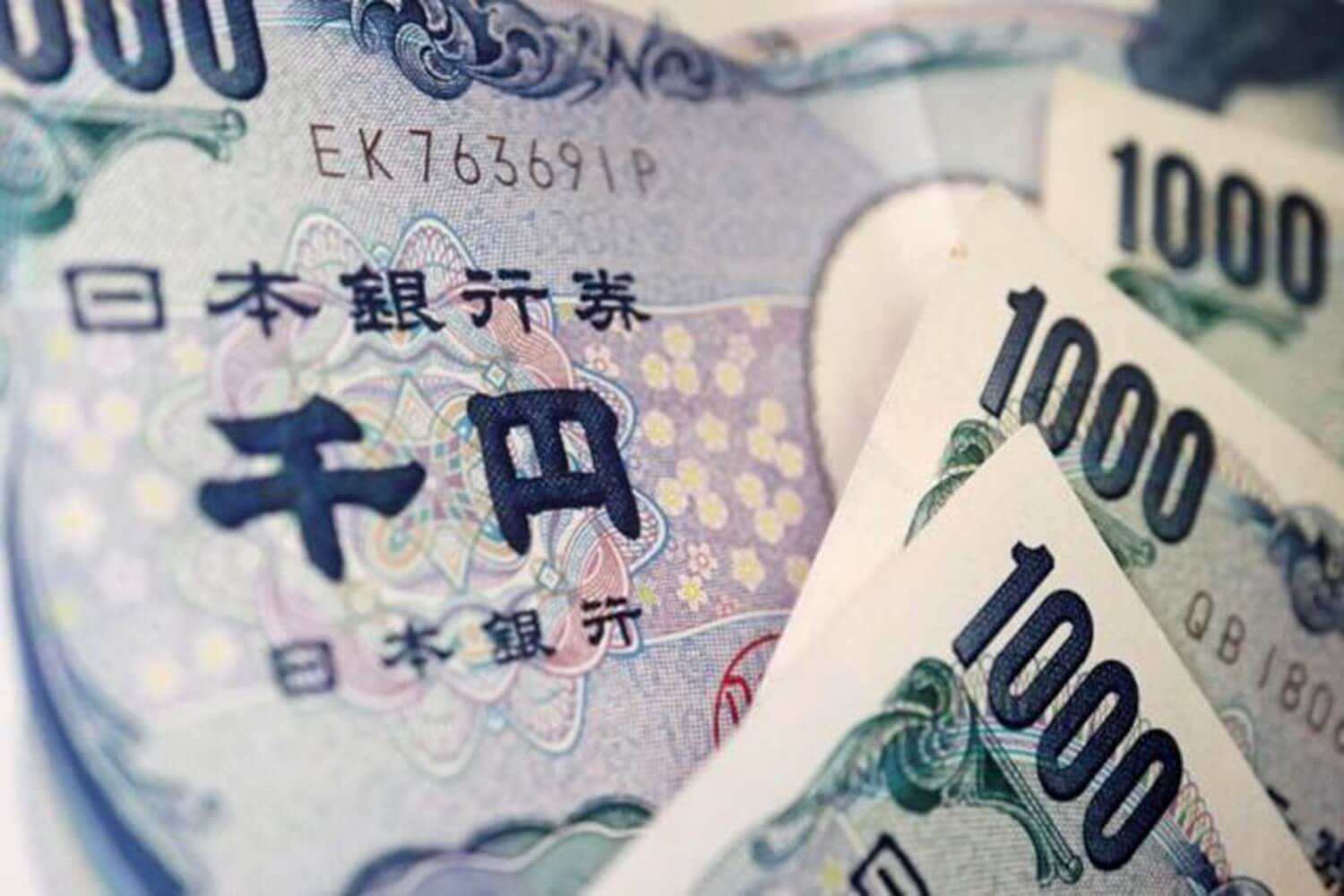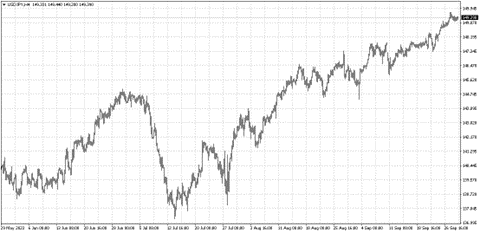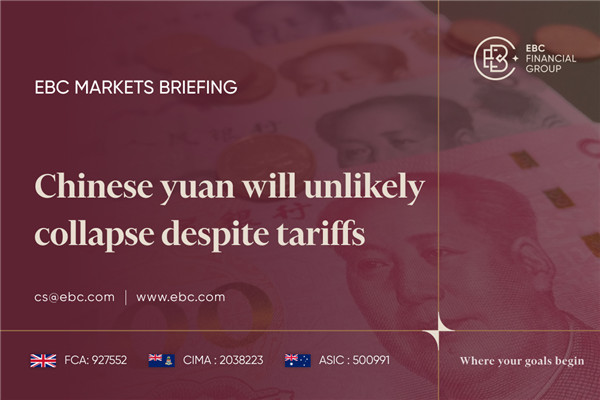Japan inflation slows as yen flirts with 150
2023-09-29
 Summary:
Summary:
In September, Tokyo's inflation decelerated more than anticipated, reinforcing the need for continued ultra-easy monetary policy, while the focus remains on the yen trading near the 150 level and the potential for intervention by Japanese authorities.
inflation in Tokyo slowed more than expected in September,offering support for the BOJ’s view that prices are set to cool further,and thus ultra-easy policy needs to stay in place.
Consumer prices excluding fresh food rose 2.5%in the capital,decelerating from 2.8%in August and undershooting forecast of 2.6%,according to the ministry of internal affairs Friday.

BOJ Governor Kazuo Ueda reiterated this week that the goal of achieving 2%inflation has not yet come into sight.The central bank expected 2.5%core price growth this fiscal year in its latest outlook report.
The yen remains in focus as it trades near the 150 level,which is viewed as potentially spurring intervention from Japanese authorities.Eisuke Sakakibara,also known as'Mr Yen',has projected that Japan may intervene if the yen crosses the 150 mark.
He added that Japan might be able to withstand a weaker yen while keeping an eye on policy changes by the Fed and BOJ may start policy normalisation as early as next year.
Richmond Fed President Thomas Barkin on Thursday said it is unclear whether more monetary policy changes will be needed in coming month.Markets now look ahead to key PCE data released later on Friday.
Short-term pullbacks for USD/JPY should see plenty of support near the 147.80 level.However,a break above 150 is likely if the US inflation stays above 3%for longer.

Disclaimer:This material is for general information purposes only and is not intended as(and should not be considered to be)financial,investment or other advice on which reliance should be placed.No opinion given in the material constitutes a recommendation by EBC or the author that any particular investment,security,transaction or investment strategy is suitable for any specific person.








